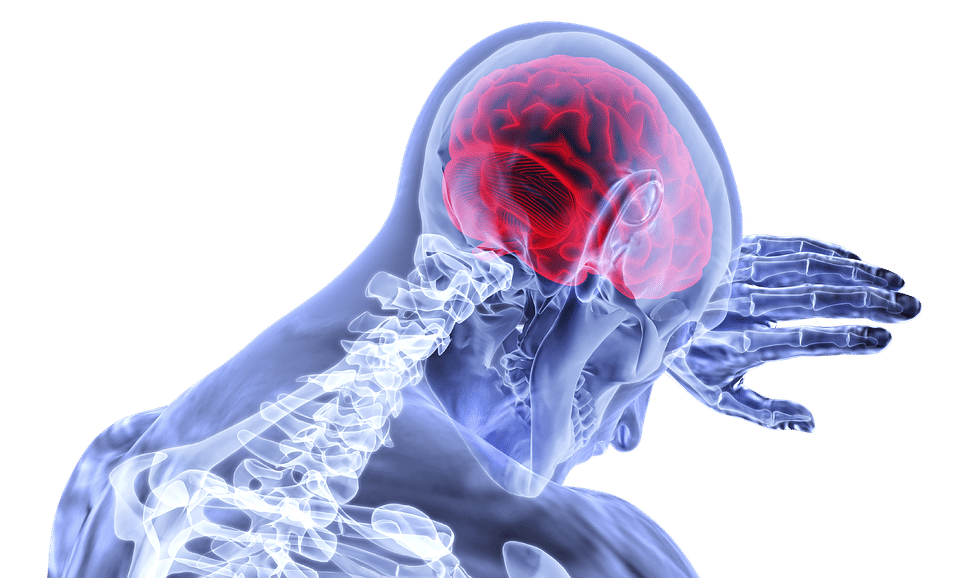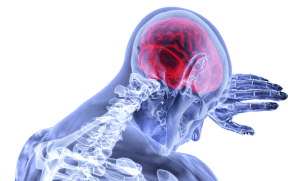



Neuroscientists at the University of Pennsylvania have carried out a path-breaking study, wherein they found that feelings of chronic pain can be suppressed by hunger. They pinpointed the exact location of the brain cells that prioritize hunger over chronic pain. The research offers great scope for alternative treatments for chronic pain, which otherwise is addressed by opioid medications. The research has been carried in mice, and if the same replicate in humans, then it will be a blessing for many who suffer from chronic pain triggered by various health disorders. Let’s take a look at the research carried out by the neuroscientists:
Initially, the main focus of research was to observe the impact of hunger on perception. Later driven by curiosity, the researchers observed how hunger interacts with the sensation of pain. For their research, they chose two groups of mice; one group was not fed for 24 hours, and the other group was properly fed with food. The team observed the behaviour of mice in response to the acute and chronic long-term inflammatory pain. The hungry mice responded to acute pain but did not respond to the inflammatory pain as compared to the well-fed mice. Further hungry mice did not avoid the areas where they have been subjected to inflammatory pain. On the other hand, well-fed mice avoided the place, where they have been exposed to inflammatory pain.
The next step of research involved identifying the part of the brain responsible for this phenomenon. For this, the researchers observed a group of neurons activated during hunger called agouti-related protein neurons (AgRP) and found that the acute responses remained intact but inflammatory responses subsided. To further locate the subpopulation of AgRP proteins responsible for suppression of inflammatory pain the team activated each AgRP subpopulation. They observed that only a few hundred neurons amounting to around 300 were responsible for the suppression of inflammatory pain. Finally, they discovered the neurotransmitter NPY is responsible for the suppression of inflammatory pain.When they blocked the receptors of NPY, the inflammatory pain reappeared.
Also Read: Study reveals 93% of bottled water contains plastic material; WHO launches health review
The team plans to study how the brain process inflammatory pain that would pave way for identification of new targets for suppressing it. But the current research holds tremendous significance and may offer new ways to counteract inflammatory pain and offers a ray of hope to people who depend mostly on medications.
The Research is published in the Journal Cell
iEV motors from Denmark has manufactured a pod-sized 78 cm iEV Z modular electric car.…
Garena free fire - Illuminate is a multiplayer battle royal mobile game. The app is…
The stressors of adult life can take a serious toll on your brain and make…
Men often experience a lot of irritation and embarrassment due to the unwanted growth of…
Web application architecture describes the relationship between servers, databases and applications. All web applications are…
Gone are the days when mobile phones come in handy only for voice calling and…